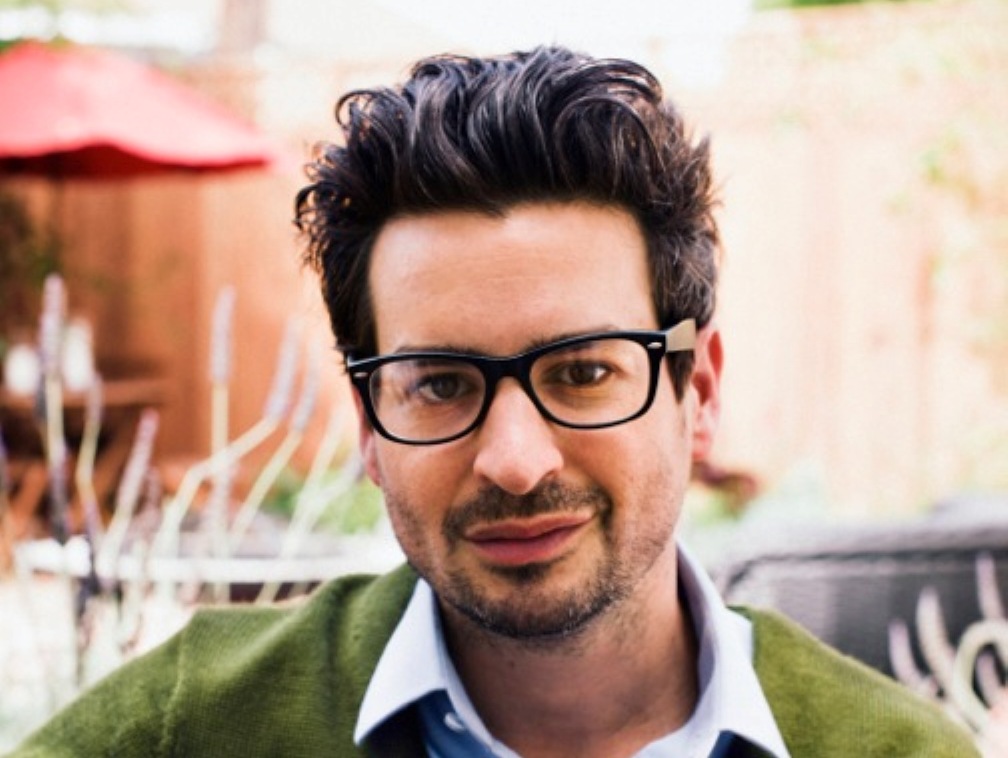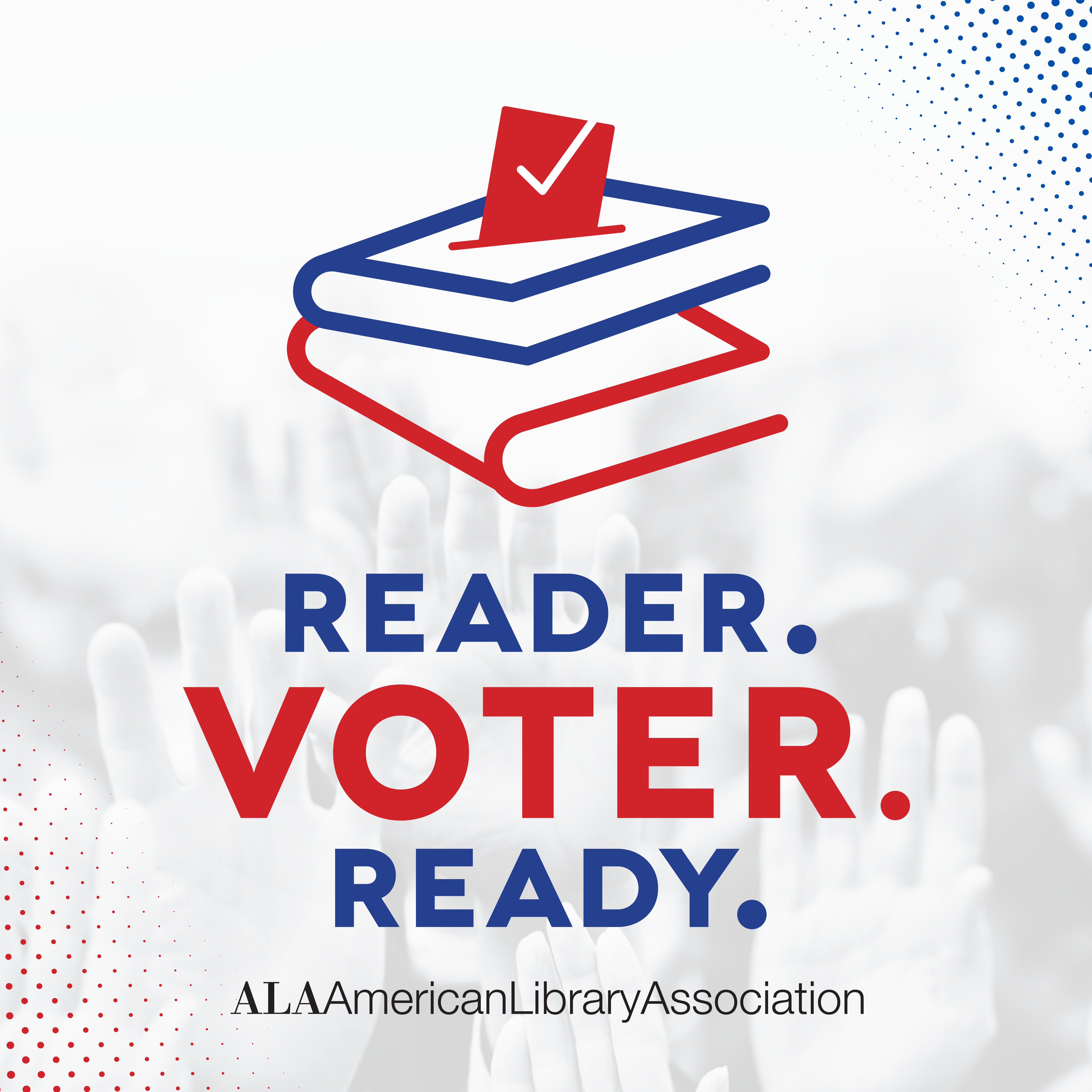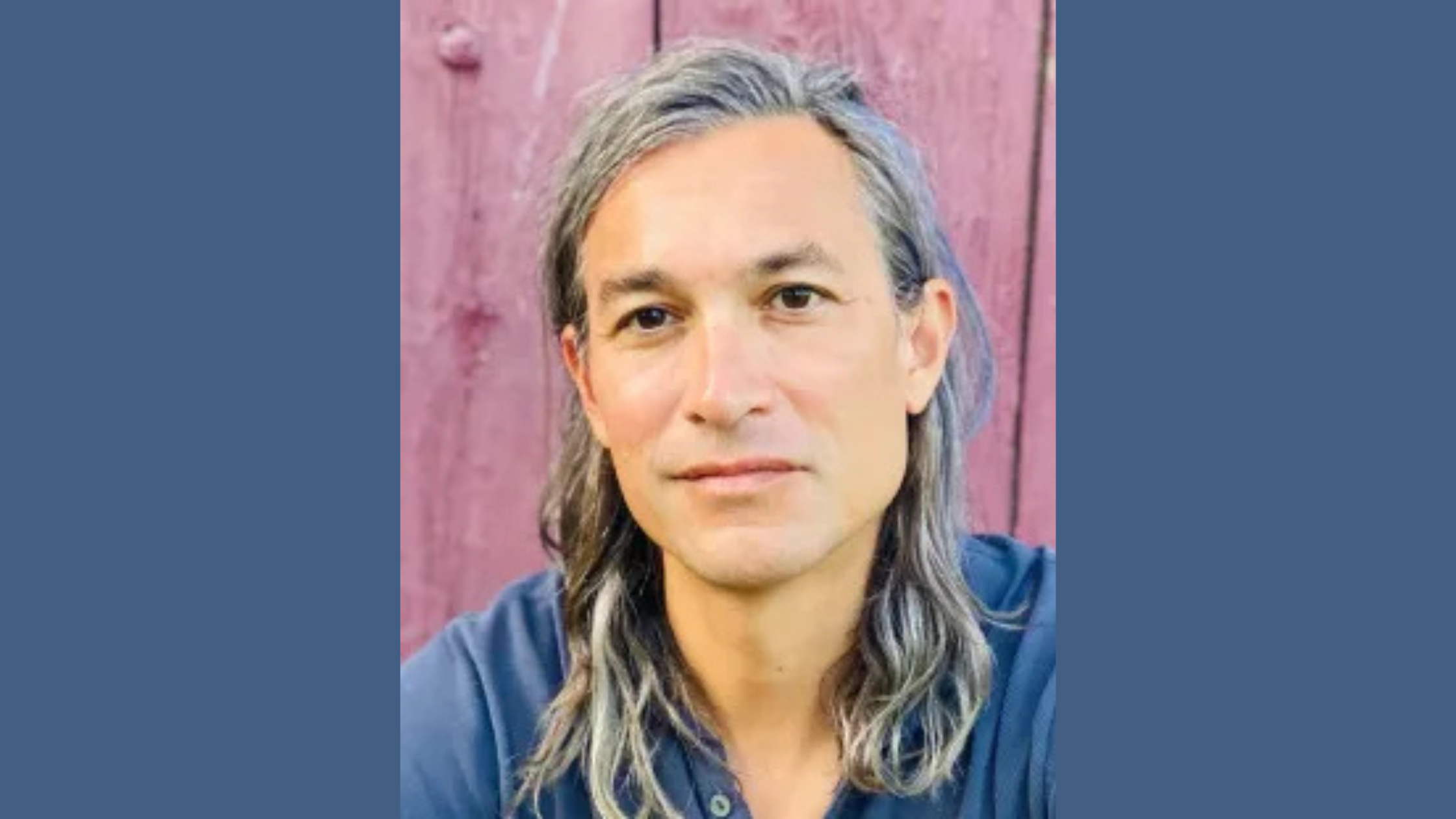Every Moment Seems Like the End of the World: A Conversation with David Iserson

David Iserson’s sparkling debut novel, Firecracker, introduces YA readers to Astrid Krieger, the granddaughter of a a U.S. Senator and scourge of the finest private schools in the world. When her latest exploits (running a complex cheating ring) get kicked out of the prestigious Bristol Academy, she’s dismayed when her parents decide to send her to public school. Astrid quickly rights herself, however, with a surprising set of friends and a plot to assume her rightful place back at Bristol. Iserson, a writer for New Girl who has previously written for Saturday Night Live and United States of Tara, has garnered praise for Firecracker‘s witty banter and immensely likeable characters. Brendan Dowling interviewed Iserson through e-mail on May 30, 2013. You can find more information about Iserson at his website and twitter account.
Public Libraries: While Astrid definitely is front and center in the novel, each of the supporting characters end up taking surprising turns as the story progresses. Did you plan the different character arcs before you wrote the book, or were there discoveries you made along the way?
David Iserson: I had no idea how the book was going to end up. I made a lot of discoveries along the way. I had a loose structure for the book and a big dry erase board with notes when I began writing. But, I ended up abandoning most of it. About three quarters of the way through, I had a better idea where everyone else was going to end up, but before then, I was just along for the ride slowly figuring it out. I kind of knew who would triumph and who would fail because it’s Astrid’s story and I knew the story would play out the way Astrid would want it to.
PL: Astrid is such a distinctive character. How did you come up with her?
DI: Astrid was a very rare experience for me–she came to me almost fully formed. Once I came up with her name, her voice was immediately clear. I was trying to think about a character who was dramatically not me–wealthy, confident, a girl. And I like writing strong, female characters. I’m not sure I want to dissect why, but it’s something I like to do in everything I write, and Astrid was the strongest, most powerful person I could think up.
PL: How did your experience writing for television influence your writing process for this novel?
DI: The biggest influence was that it left me with a lot less time to write the novel. I had to mostly write the book on weekends and holidays because TV writing is a job with a lot of long hours. But, it was also the day job that made me really want to write a book. TV writing is great, but a television show is the voice of so many different writers, and it was exciting to work on something that came just from me.
I can see my television-writer influence in the structure of the book too. The story feels more episodic then some novels. Someone told me early on in the writing process that the story for a novel could feel like an entire season of a television show, and that was something I had in my head while writing.
PL: You’ve written for a lot of TV shows that have much more adult themes. What made you want to write a Young Adult novel for your first book?
DI: In almost everything I’ve worked on, adolescent themes come up all the time–even for adult characters. I feel like many adults, me included, are exorcizing their high school experiences all the time. The person I was as a teenager–my insecurities and point of view–are still giant parts of my personality. Plus, it’s fun to write teenagers because they think like adults but everything just seems more important at that age. Every moment seems like the end of the world, and that’s an exciting place to write from.
PL: What were the Young Adult novels that influenced you when you were growing up?
DI: I don’t remember “Young Adult” being as much of a thing when I was growing up. Even books about high school felt like it skewed younger. But, I devoured every Judy Blume book. I loved S.E. Hinton’s The Outsiders so much. By the time I was a teenager, I was reading a lot of Stephen King and then Kurt Vonnegut and J.D. Salinger.
PL: You’re currently writing for New Girl, but do you plan to continue writing books? What are you working on next?
DI: I like to stay busy and write lots of different kinds of things–TV, movies and books. I definitely want to write more books and I’m just now starting to loosely figure out exactly what book number two will be.
PL: What role has the library played in your life?
DI: It played a huge role. I wrote most of this book in the Los Feliz, Silver Lake and Burbank Libraries. I like to work in quiet places, where there is still plenty of activity and comfortable chairs. Libraries are ideal thinking spots for me. A lot of people I know write in coffee shops, but I don’t drink coffee.
As a kid, going to the library was always a treat. I would get piles of books–sometimes they were novels, but occasionally they were books about magic and hypnosis. I never successfully hypnotized anyone, but, to be fair, I only skimmed that book.









